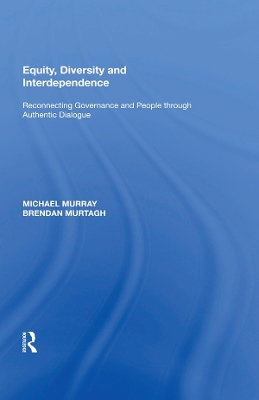Perspectives on Rural Policy and Planning
2 total works
Participatory Rural Planning presents the argument that citizen participation in planning affairs transcends a rights-based legitimacy and an all too frequent perception of being mere consultation. Rather, it is part of a social learning process that can enhance the prospects for successful implementation, provide opportunity for reflection and create a mutuality of respect between different stakeholders in the planning arena. Accordingly, Michael Murray signposts what can work well and what should work differently in regard to participatory planning by taking rural Ireland as the empirical laboratory and exploring the Irish experience at different spatial scales from the village, through to the locality, the sub regional and the regional levels.

